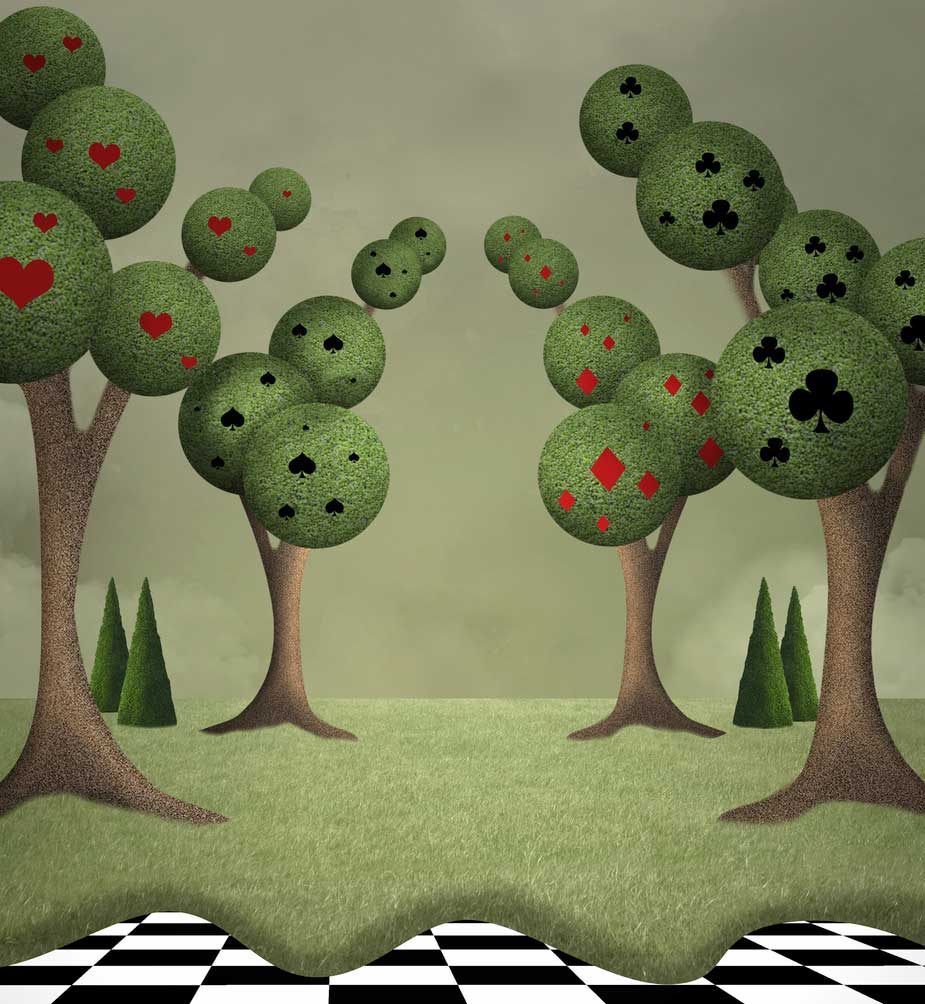pragmatism
nounA movement consisting of varying but associated theories, originally developed by Charles S. Peirce and William James and distinguished by the doctrine that the meaning of an idea or a proposition lies in its observable practical consequences.
nounA practical, matter-of-fact way of approaching or assessing situations or of solving problems.
nounPragmatical character or conduct; officiousness; busy impertinence.
nounIn history, same as
In philosophy, a method of thought, a general movement or tendency of thought, and a specific school, in which stress is placed upon practical consequences and practical values as standards for explicating philosophic conceptions and as tests for determining their value and, especially, their truth.
nounA theory of the nature of truth, namely, that the correspondence between fact and idea which constitutes truth consists in the power of the idea in question to work satisfactorily, or to produce the results intended by it.
nounA metaphysical theory regarding the nature of reality, namely that it is still in process of making, and that human ideas and efforts play a fundamental rôle in its making: the equivalent of humanism as a metaphysical term.
nounThe quality or state of being pragmatic; in literature, the pragmatic, or philosophical, method.
nounThe pursuit of
The




